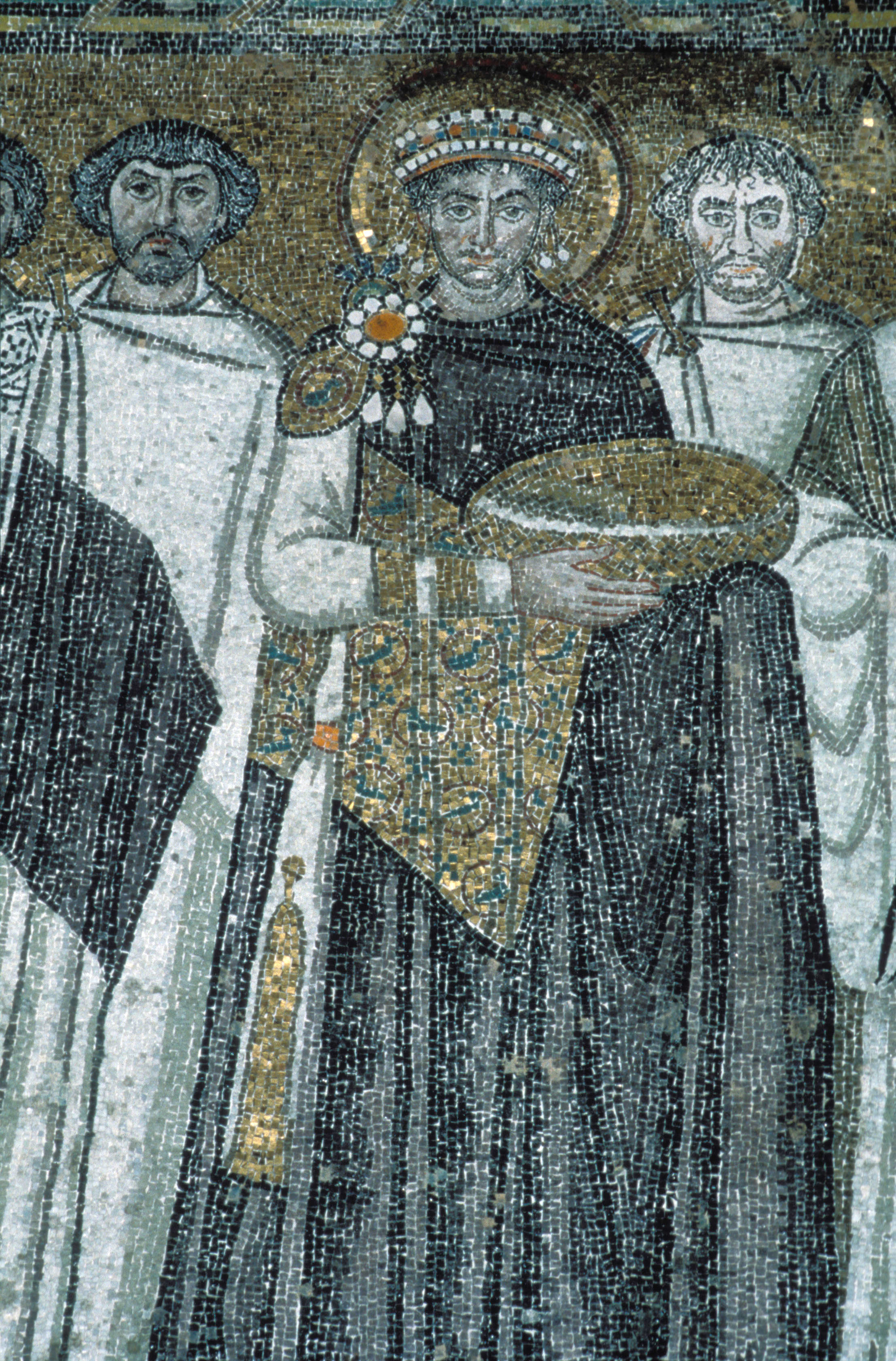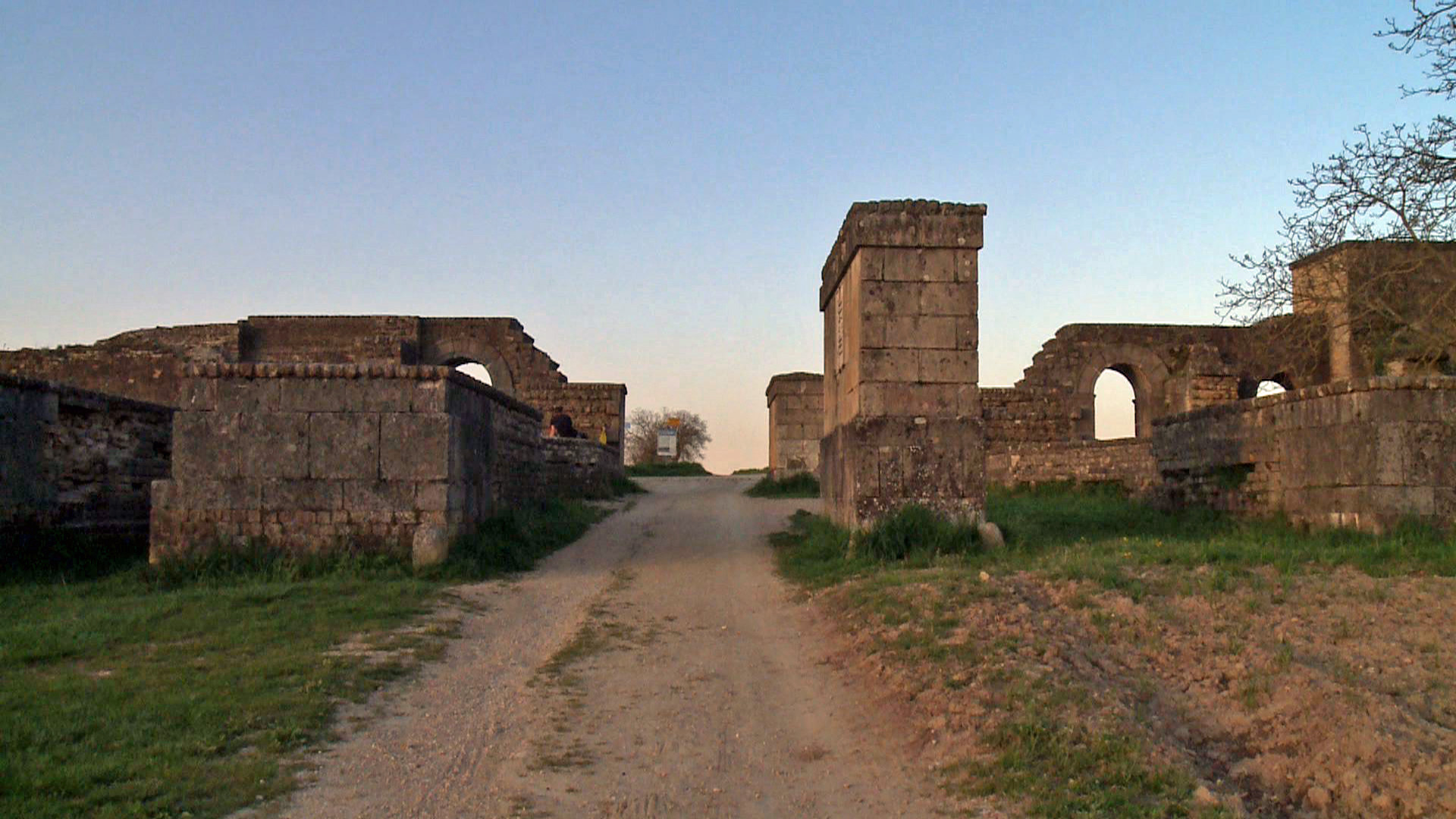How ancient Rome influenced European law

The Roman Empire has left countless marks on the Western world. But its greatest contribution is its law, which still has a direct influence today, according to Pascal Pichonnaz, professor of Roman law at the University of Fribourg.
swissinfo.ch: Why do you believe Rome’s main legacy is in the field of law?
Pascal Pichonnaz: First, because Roman law has had an enormous influence on the development of law in the West. We still refer to it all the time. It’s no coincidence that Roman law remains a compulsory subject in our law faculties.
Then, it’s important to note that – apart from Latin, of course – law is the only contribution to the Western world that comes solely from Rome. In other fields the influences are mixed. For example, philosophy and architecture also have Greek influences.
swissinfo.ch: The Romans were not the only ancient civilisation to develop a legal system – think of Hammurabi in Mesopotamia or Solon in Athens. What’s so important about Roman law?
P.P.: The Romans were the first to develop a real science of law. Roman law also offers a specificity and a power: its ability to reduce a problem to one or two sentences and from that come up with a rule. That is very similar to Anglo-Saxon law.
Here’s a typical example: someone sells a cow to a cattle breeder, but it’s ill and infects the entire herd. Who’s responsible for the damage: the seller or the buyer? Roman law distinguishes three cases. First, if the seller knew the cow was ill, he’s responsible. Second, if the seller is a professional who did everything he could to guarantee that the cow wasn’t ill, he’s not responsible. Third, the seller isn’t a professional and knows nothing about cattle – he’s not responsible.

More
Waterways boost trade for Roman invaders
swissinfo.ch: And that interesting story is connected to the present because…
P.P.: You can’t get a more direct link. Six years ago the federal court had to deliver a verdict on a very similar case. An animal dealer had sold six parrots to an aviary for CHF4,500 ($4,850). He had previously put the animals into quarantine and guaranteed their good health. But one of the parrots carried an inactive virus that only appeared when the animal was stressed. The result: the aviary was wiped out, with losses of CHF2 million.
The federal court referred directly to Roman law in order to find a solution. According to Roman law, the seller would not have been found guilty, given that he had taken all the necessary measures. But the federal court judges came to a different conclusion – either because they hadn’t understood the Roman law, or for reasons tied to the insurance compensation.
swissinfo.ch: Is there another example?
P.P.: Here’s one that could apply to all of us. The fact that we can return faulty purchases to the shop during the warranty period has a Roman origin. It already applied in the markets of Rome for slaves and animals. If an animal or slave was in some way defective, for one year the buyer had the right to terminate the contract or demand a reduction on the sales price. Emperor Justinian extended this principle to all contracts and it has been taken on as such by Swiss law.
When the Romans invaded what is now Switzerland most parts were populated by Celtic tribes, including the Helvetians.
Under pressure from Germanic tribes in the north, the Helvetians decided to emigrate westwards, but they were defeated by Julius Caesar at Bibracte, in present-day France, in 58BC and were forced to return home.
The territory of what is now Switzerland was gradually incorporated into the Roman Empire. It was never a single unit, but divided between different Roman provinces.
As of the middle of the 3rd century, the territory suffered more and more incursions by Germanic tribes, forcing the abandonment of many settlements. The Roman era on Swiss territory came to an end in AD454 when all its troops were withdrawn south of the Alps.
As the Romans retreated, Germanic tribes settled in the territory. The Burgundians soon became Christians and adopted the customs of Gallo-Roman civilisation, while the Alemanni retained their Germanic culture for longer.
The Romans left many traces in Switzerland. The main sites include the former Roman capital of Aventicum (near the town of Avenches in western Switzerland) and Augusta Raurica (Augst, near Basel in northern Switzerland).
swissinfo.ch: The Roman Empire collapsed in AD 476. Isn’t it astonishing that its influence is still so great almost 2,000 years later?
P.P.: If you look at history, it’s easy to understand the weight of this influence. When the empire fell, remnants of Roman law remained, coexisting with the common law of the barbarians. But it continued to thrive in the east of the Roman Empire. In the first half of the 6th century, Justinian gathered and compiled every legal judgement from the previous centuries.
In the West, this compilation was rediscovered in Bologna, Italy, at the end of the 11th century. From that emerged the creation of Europe’s first university and first law faculty. From there, Roman law spread across all of Catholic Europe. Historical research has shown that 225 Swiss students attended Bologna University between 1265 and 1300 and 85 between 1300 and 1320. Bologna really was the intellectual template for all of Europe.
Of course, the law continued to evolve over the centuries. But Roman law has remained the main source of inspiration in continental Europe – Britain having evolved slightly differently as a result of its “splendid isolation”. France with the Napoleonic Code and Germany with the historical school of Friedrich Carl von Savigny draw their inspiration directly [from Roman law].
swissinfo.ch: So Roman law has shaped Europe?
P.P.: Yes, unquestionably. It’s always said that the European identity is built on three pillars: Christianity, Aristotelian philosophy and Roman law.
Note that the influence of Roman law has spread far beyond the Western world – countries such as Turkey, China or Japan have taken on the European codes or have been heavily inspired by them. This is why there are chairs of Roman law in universities as far as Japan.
Roman law is the legal system of ancient Rome, and the legal developments comprising more than a thousand years of jurisprudence from the Twelve Tables (c. 439BC) to the Corpus Juris Civilis (AD529) ordered by the emperor Justinian I.
The historical importance of Roman law is reflected by the continued use of Latin terminology in legal systems influenced by it.
Concepts and legal institutions developed include:
- Roman jurists clearly separated the legal right to use a thing (ownership) from the factual ability to use and manipulate the thing (possession). They also found the distinction between contract and tort as sources of legal obligations.The standard types of contract (sale, contract for work, hire, contract for services) regulated in most continental codes and the characteristics of each of these contracts were developed by Roman jurisprudence.
- The classical jurist Gaius (around AD160) invented a system of private law based on the division of all material into personae (persons), res (things) and actiones (legal actions). This system was used for many centuries.
- No country whose legal practice is based on a code completely broke with the Roman tradition. Rather, the provisions of Roman law were fitted into a more coherent system and expressed in the national language.
(Translated from French by Thomas Stephens)

In compliance with the JTI standards
More: SWI swissinfo.ch certified by the Journalism Trust Initiative











You can find an overview of ongoing debates with our journalists here . Please join us!
If you want to start a conversation about a topic raised in this article or want to report factual errors, email us at english@swissinfo.ch.